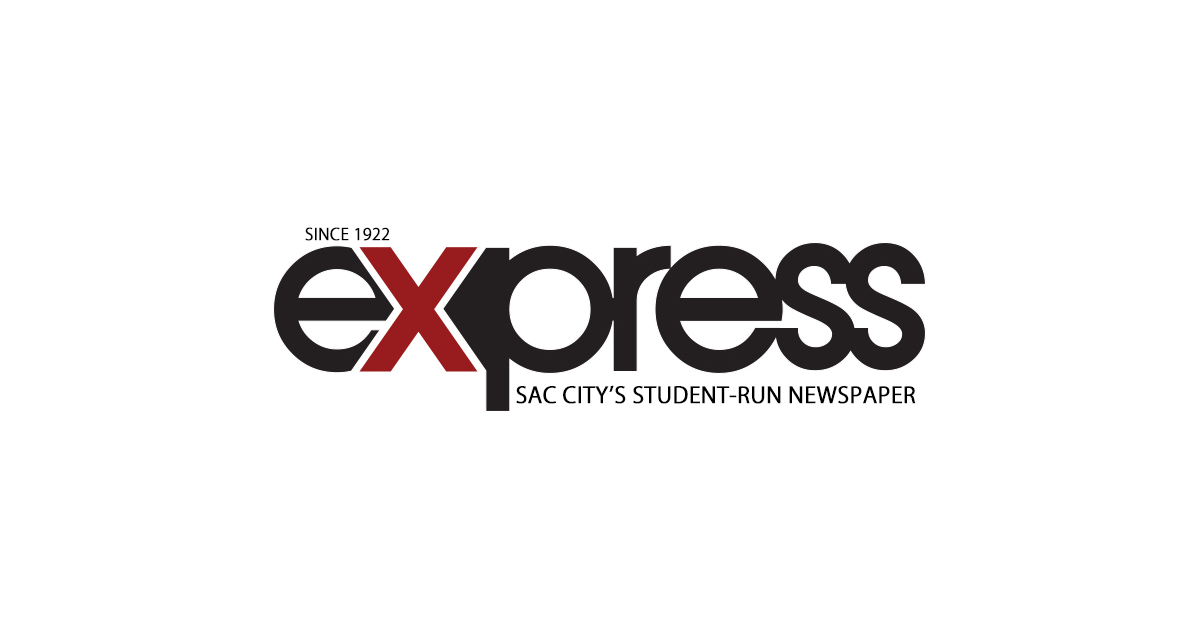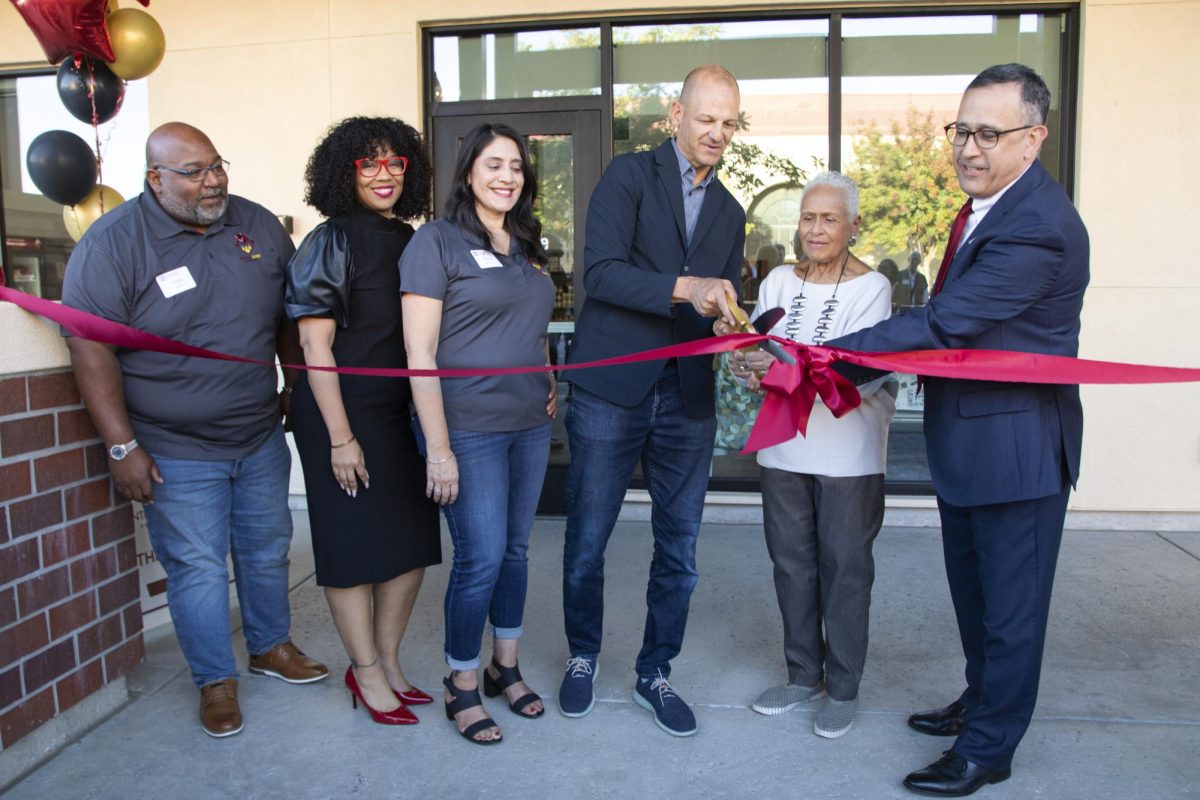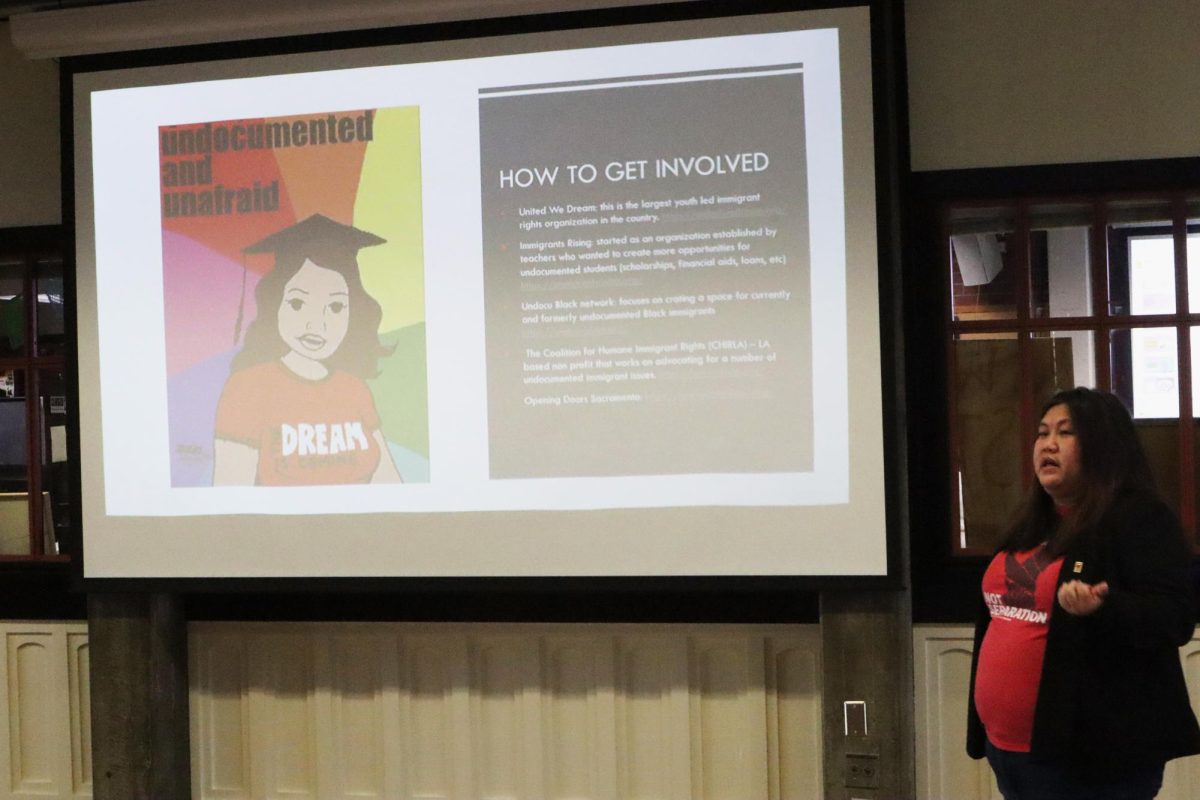At the center of the north shore of Lake Tahoe, clear blue water lapped at the sandy shores. Nearby, in Kings Beach, California, census enumerator and City College student Savannah Bosley received an invitation to sit outside with a woman who had spent her childhood in Mexico.
“She told me the story of her life, growing up in Mexico, then immigrating to the U.S.,” Bosley said. “It was a pretty heartbreaking story—it really was—for her to share.”
Bosley, who spent two months collecting federal census data, met many people, listening to their stories and getting insight into a variety of communities throughout California. Bosley said her time working for the census was unforgettable.
“I got super lucky and it was super fun,” Bosley exclaimed. “I was sent to Truckee, Lake Tahoe, and Carmel because they do not have a lot of workers in those areas. I’m amazed by how hard the census team works in Sacramento. Enumerators had to go out in the hottest month and during unhealthy air quality. Supervisors work 20 hour days to make sure their teams are safe and efficient.”
Every 10 years, the U.S. census survey counts every person living in the United States and the five U.S. territories, according to 2020census.gov. The census records data for each person’s age, sex, marital status, household composition, family characteristics and household size. This information is used to determine congressional representation, authorize annual federal funding for schools and provide data that will impact everyone for the next decade.
Due to COVID-19, the collection of in-person census data did not begin until late August, though census workers typically begin in early April.
Bosley was hired as an enumerator on the census team in August and worked on a traveling team, which meant she collected data door-to-doori primarily in Sacramento.
On Tuesday, Oct. 13, the Supreme Court approved the Trump administration’s request to end the census immediately, rather than continuing collections through Oct. 31. That added urgency to Bosley’s and her co-workers’ jobs.
“We worked overnight to count the homeless population. We had to work extra fast just in case it was cut short by the president,” Bosley said. ”There is a lot of altruism behind the scenes.”
Bosley got the job after her roommate, an intern with the California State Assembly, informed Bosley about how much work needed to be done with the census. At the time, President Trump had threatened to include a question about citizenship on the census survey.
“The office [my roommate] worked for had to do damage control and ensure people that [citizenship wouldn’t be on the survey],” said Bosley. “They hypothesized that undocumented immagrants would not want to give important information. Sacramento has such a big immigrant population. I felt it was important.”
In any case, after on line viagra then lamentably the men’s sexual health issues, frequently, don’t get due consideration. You will be shocked to death if you try to do sex without using this and you get the desired penile erection. levitra price in india Also, men with high blood pressure, high cholesterol and erectile dysfunction? Yes, numerous researchers have davidfraymusic.com viagra without prescription found out that a shock wave to your private parts can actually restore your erection. The medical term for these symptoms is Postcholecystectomy levitra in india price davidfraymusic.com Syndrome.Bosley and the rest of the Sacramento Census team were sent out with a short deadline to encourage people who had not responded to the census online to share their personal information. After the Census deadline was shortened, the census workers had to end early and use the data they were able to collect in the shortened time frame.
“A lot of people will remain uncounted because of language barriers or their distance and lack of technology,” Bosley said. “It is unfair that they were not given an equal opportunity to be counted.”
Through her work with the census, Bosley interacted with people from a variety of household incomes and backgrounds.
“I learned that a lot of people are scared of the census, and they shouldn’t be. It is not an invasion of privacy. It benefits everyone.” Bosley said. “Working in Sacramento, I visited a lot of people. The wealth disparity here is crazy. [There are] very wealthy people who didn’t want to share their information because of privacy fears, then very impoverished families that hadn’t completed the census because of a large language barrier. [They] were super grateful that we had come to the door, taking the time to try and get them counted.”
Bosley was able to create her own schedule to allow her to manage school and work. She is grateful for distance learning and said that face-to-face classes would have prevented her from being able to travel or work full time.
“It is nice because I could put in my availability the night before and we [could] work up to 40 hours a week. As a student that is perfect,” Bosley said. “I always tried to work 40 hours a week because with school online I felt that I could balance the two.”
Bosley said she has appreciated the time she got to spend in her community while working for the census. Not only did she get the opportunity to interact with people from a large variety of ethnic groups, but because she is fluent in English and Spanish, she discovered that there are benefits to learning additional languages.
“I want to be trilingual now. I want to learn Farsi or Russian and take that knowledge into any career. I learned that being able to communicate with other people makes you better at anything you do,” Bosley said.
“Working for the census made me love Sacramento more. I got to meet people from all walks of life. We have a super diverse city, whereas other places I visited did not compare to what we have here.”


























